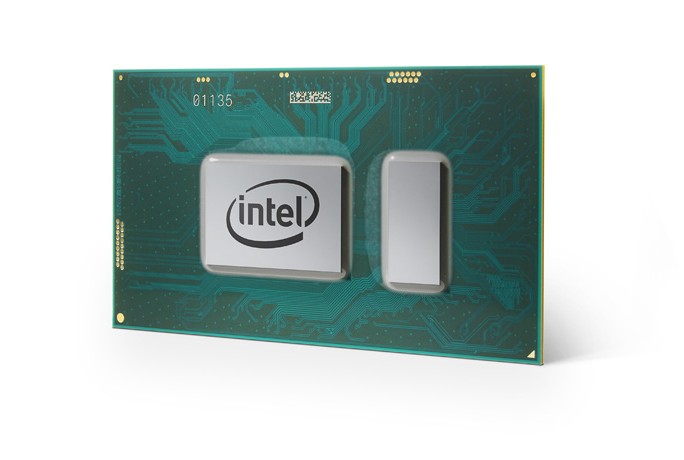Intel Kaby Lake-R Promises PC Performance Boost Ahead Of ‘Coffee Lake’

Intel claims Kaby Lake-R will offer twice the performance of a five year old PC when the first computers arrive later this year
The first devices powered by eight generation Intel Core ‘Kaby Lake-R’ processors will arrive in September, promising to improve performance by as much as 40 percent as previous ‘Kaby Lake-U’ Core processors.
The chip giant claims the boost results from a new quad-core configuration, power efficient microarchitecture, advanced process technology and silicon opportunities, and hopes to enable more advanced applications such as 4K and virtual reality.
Among its boasts are that eight gen chips will offer 48 percent faster photo editing when compared to Kaby Lake-U and 10 hours of 4K UHD video playback on a single charge.
The next generation of Intel chips, ‘Coffee Lake’ will be detailed later this year
Coffee Lake processors
But following several years of slowing PC sales, caused by a general shift to smartphones and tablets, Intel is making a big point about how much more advanced PCs powered by Kaby Lake-
R architecture will be when compared to older machines.
Indeed, it claims a new Kaby Lake-powered system will be two times as powerful as a five year old PC. It is estimated that 450 million people own a PC older than half a decade, a market Intel believes is well worth targeting.
What mobile network are you using?
- Three (30%)
- EE (25%)
- Vodafone (19%)
- O2 (16%)
- Other (11%)
The first tranche of eight generation Intel Core processor powered devices will be ultraportable notebooks and 2-in-1 devices and Intel expects customers will have more than 145 designs to coose from.
Desktop processors will arrive in the Autumn, following by enterprise chips and then options for different market segments. Intel adds that the eighth generation family will include some of its first 10nm products.
“Indeed, beyond the amazing technology advancements, one of the great things about the 8thGen Intel Core processor lineup is the scalability,” declared Gregory Bryant, head of Intel’s Client Computing Group.
“The wide range of options opens the door for endless opportunities for our partners and the entire ecosystem. That means customers will be able to choose from hundreds of designs, including all shapes and sizes.”
Earlier this month, Intel also updated its Xeon range of chips for data centre and server equipment, and attention is already being paid to what is widely believed to be the ninth generation of Intel Core processors, Ice Lake, which will take advantage of 10nm+ process technology.
Quiz: What do you know about Intel?
UPDATED: An earlier version of this article suggested the new chips belonged to the Coffee Lake family rather than Kaby Lake